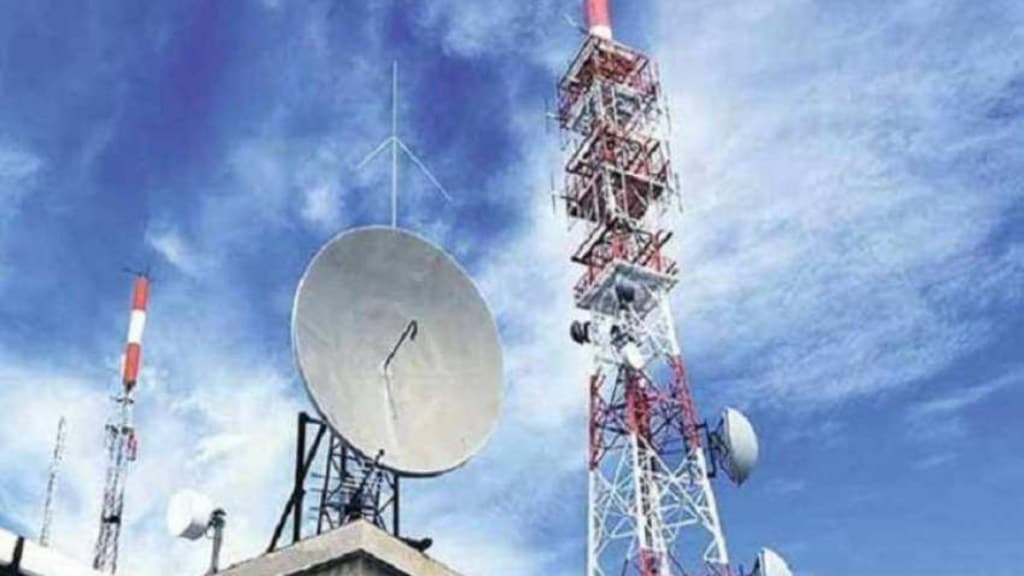The Indian government has introduced new rules for the interception of communications, known as the Telecommunications (Procedures and Safeguards for Lawful Interception of Messages) Rules, 2024. These rules replace older laws and are designed to improve the process of lawful interception for national security and public safety. However, they have raised concerns about privacy, transparency, and accountability.
According to an HT report, one of the main changes is that all records related to interceptions, including the messages and orders, must be destroyed every six months. This must be done with “extreme secrecy” by the government review committee, law enforcement agencies, and the telecom companies involved. Critics argue that this could make it difficult for the public to know about or challenge interception activities, reducing oversight.
Under the new rules, interception orders must be approved by the Union or state home secretary, with specific reasons outlined, such as national security or preventing crime. The orders can remain in effect for up to 180 days but can be renewed. However, interception cannot be ordered if the information can be gathered through other means.
The rules also lower the threshold for issuing interception orders. In certain situations, officers below the rank of the home secretary can issue these orders, including those from law enforcement or security agencies. These orders need to be confirmed by the home secretary within seven days. If not confirmed, the interception must stop, and any intercepted messages must be destroyed.
Another important change is that telecom companies are now responsible for maintaining confidentiality and ensuring that unauthorised interception does not occur. However, the new rules no longer include penalties for companies that fail to do so. This has raised concerns about the accountability of telecom companies, as they could be held responsible for actions taken by their employees or vendors.
The rules also lack clarity on the coverage of online services. While the government has said that platforms like WhatsApp and Signal are not included, the definition of telecom services in the law is broad, leading to confusion about whether these services could be regulated in the future.
Additionally, the review committee that assesses interception orders remains part of the executive branch, not an independent body. Critics argue that this undermines the need for independent oversight, such as judicial or parliamentary review, to ensure that surveillance is used responsibly.
Finally, the new rules require telecom companies to appoint senior employees as nodal officers to manage interception orders. These officers will submit detailed reports twice a month to the government about interception activities, which is a significant responsibility, especially for smaller companies.
Follow FE Tech Bytes on Twitter, Instagram, LinkedIn, Facebook







